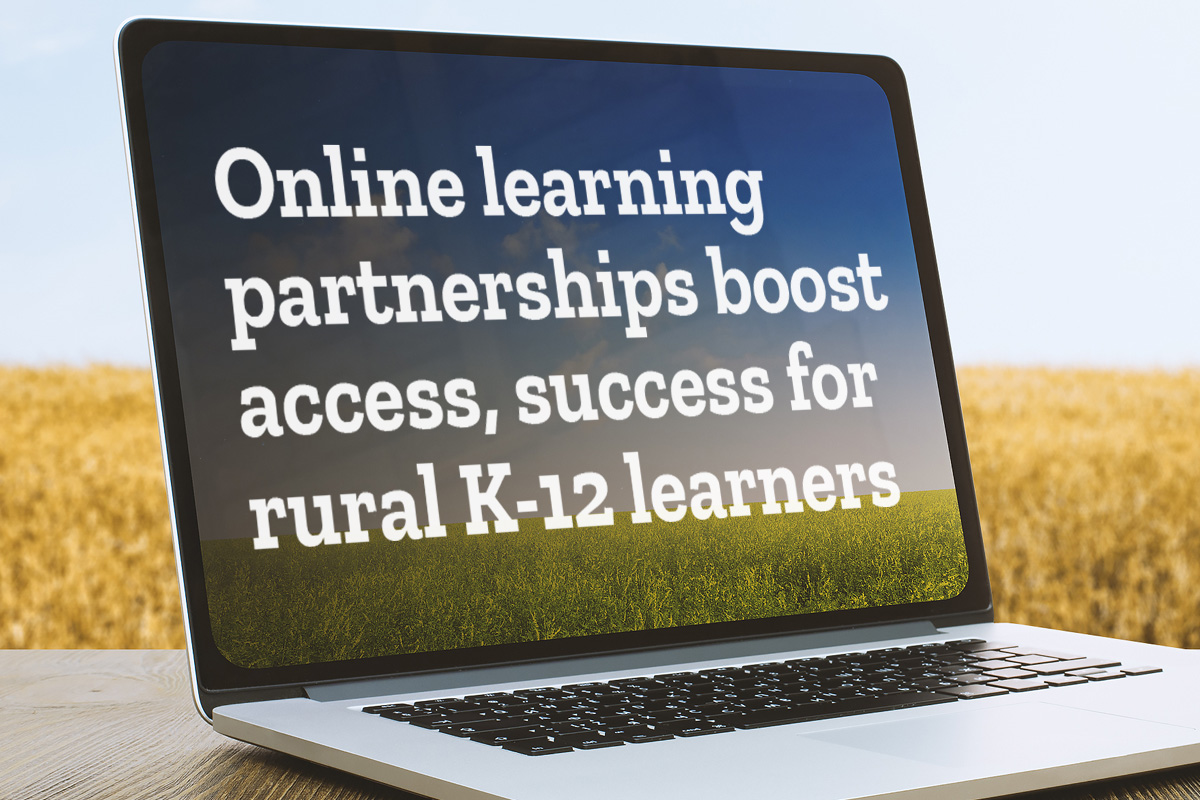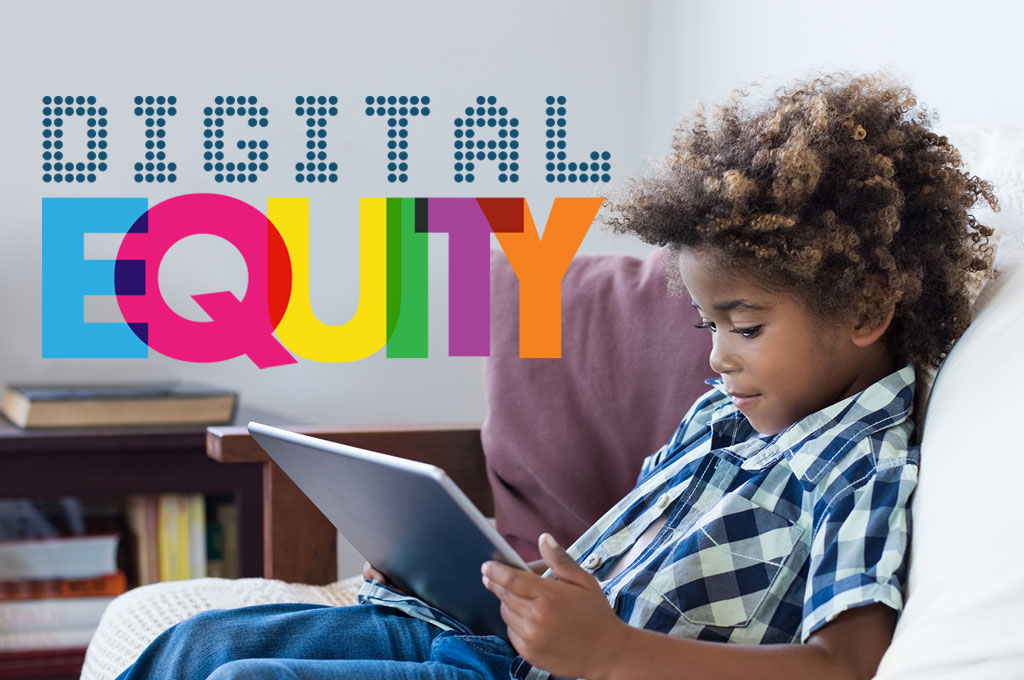by Justin Bruno, AI Strategist for Michigan Virtual
. Leaders in virtual education are facing a new challenge: integrating Artificial Intelligence (AI) into their programs. Though AI had been quietly driving many learning applications and processes behind the scenes, the release of ChatGPT in November 2022 brought the topic of generative AI to the forefront of many discussions. While the power of generative AI has demonstrated potential to drastically impact educational practices, its successful implementation necessitates careful planning and consideration. A new resource presented by VLLA and Michigan Virtual, the AI Integration Framework and Planning Guide offer a structured approach to this integration.
The AI Integration Framework, originally published by Michigan Virtual, lays out eight key areas for consideration: leadership & vision, policy, ethical and legal considerations, instructional framework, learning assessments, professional learning, student use, business and technology operations, and outreach. By addressing the ethical, legal, and operational considerations around AI integration, the framework ensures that this technology serves as a lever for efficiency and authentic learning, not a replacement for the human touch in education. It encourages a comprehensive view that balances the benefits of AI with potential risks and ethical considerations, and prompts education leaders to assess their own institutions’ current state when it comes to the integration of AI.
The Planning Guide then builds on this framework, providing educators with a detailed roadmap for AI integration. It includes practical tools such as policy considerations, action considerations, discussion prompts for conversations with stakeholders, and a glossary of terms. Additionally, the guide lays out potential risks that education leaders should be aware of within each domain of the framework. In total, these resources aim to help educators understand their current position in the AI journey and to plan their next steps effectively. The Guide and appendices serve as a practical companion for educators, assisting in the strategic and effective employment of AI technologies within learning environments. To that end, leaders of virtual education programs can apply the AI Integration Framework and Planning Guide in several practical ways:
- Strategic Planning: Use the framework to develop or refine your strategy for integrating AI technologies into your virtual programs, ensuring alignment with educational goals and values.
- Policy Development: Refer to the guide when updating or creating new policies that govern the ethical use of AI in virtual learning environments.
- Professional Development: Make informed decisions about staff professional development and training modules to upskill educators in AI literacy, enabling them to effectively use AI tools in virtual classrooms.
- Learning Experience Design: Strategize ways to leverage AI for personalizing learning paths for students in virtual settings, and update virtual course content and assessments to account for student use of AI tools.
- Operational Efficiency: Apply AI for administrative tasks, data analysis, and business operations as outlined in the guide to improve the overall efficiency of virtual education programs.
As the landscape of education continues to rapidly evolve with the advent of AI, today’s educators are being tasked with shaping the future of learning. With strategic planning, thoughtful policy development, and perhaps most importantly the ability to be adaptive and responsive to change, educators can thoughtfully integrate AI for the benefit of all learners. That effort will entail not just the supplementing of existing educational paradigms but innovating and inspiring new ones that are equitable and centered on human development. As we learn more about AI’s impact and observe changes in the technology, the continued updating of resources like the AI Integration Framework and Planning Guide will be necessary, along with open dialogue and collaboration among education leaders. As we tackle this endeavor, sharing ideas, successes and failures can allow us to grow together as a field.
About Michigan Virtual:
Michigan Virtual is a founding member of the VLLA and serves as a supplemental online course provider for students and offer extensive online professional development programming for educators in Michigan. They also operate the Michigan Virtual Learning Research Institute which has launched an AI Lab to help school leaders leverage AI to support teaching, learning and business operations. As a 25-year-old nonprofit organization, Michigan Virtual also provides quality school consulting services nationwide for organizations who want a collaborative partner with strategic planning, micro school creation, AI implementation, systemwide transformation, and other innovations to personalize education. To learn more about their consulting services, please visit https://michiganvirtual.org/consulting/
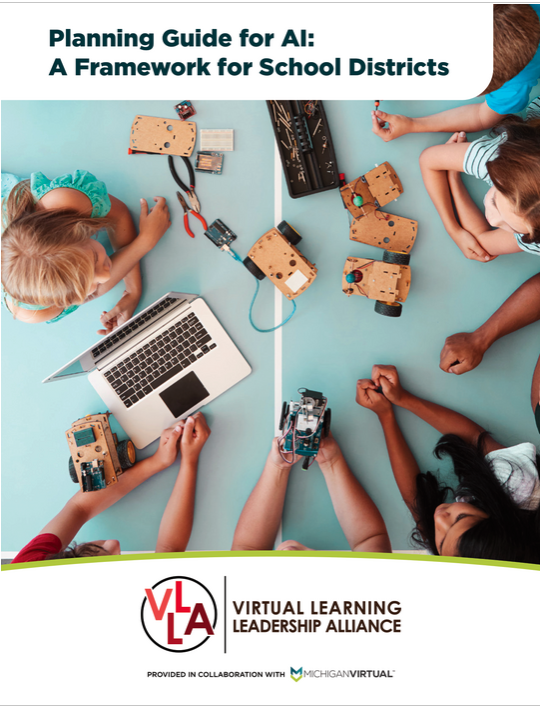
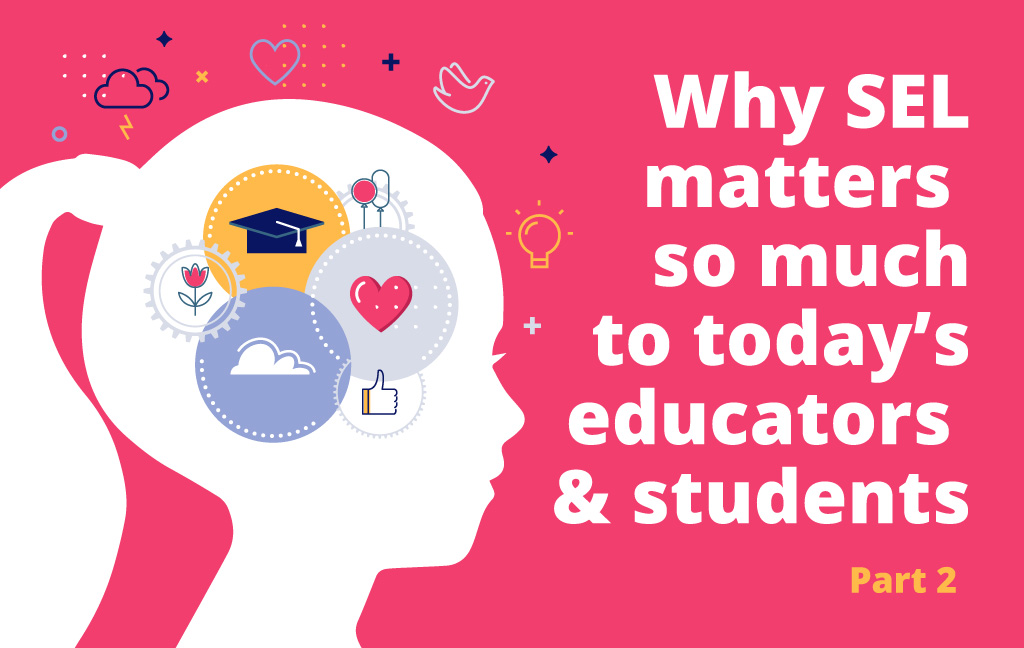
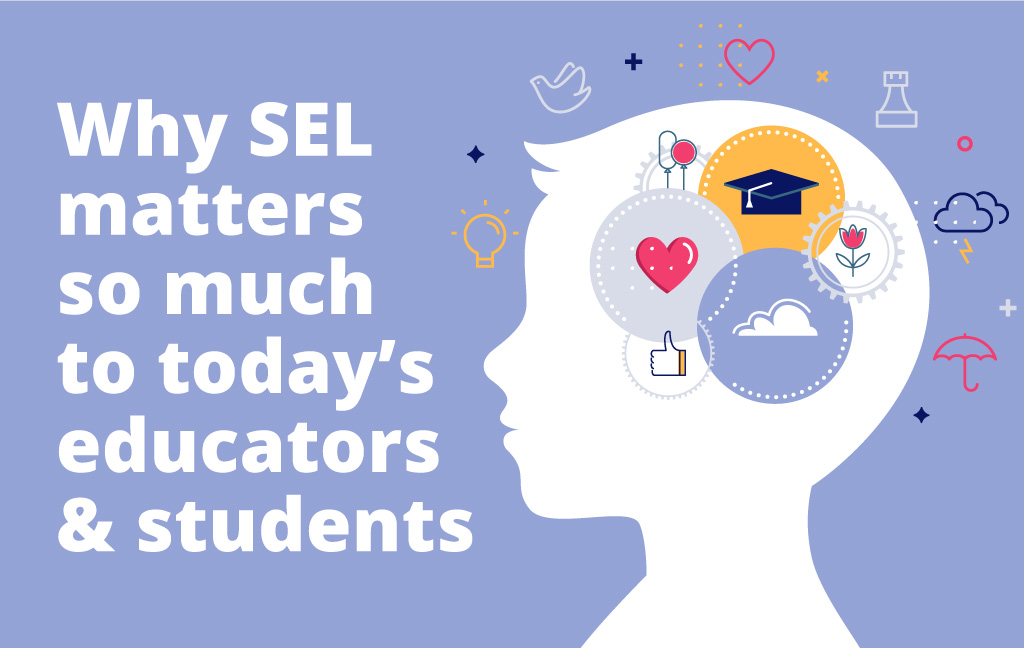
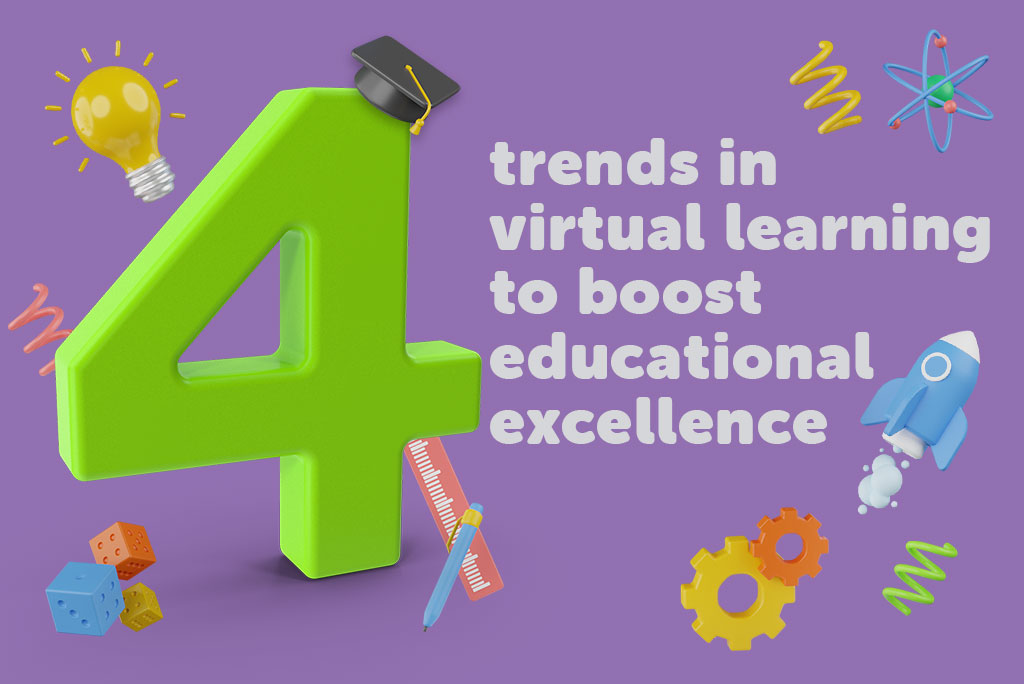
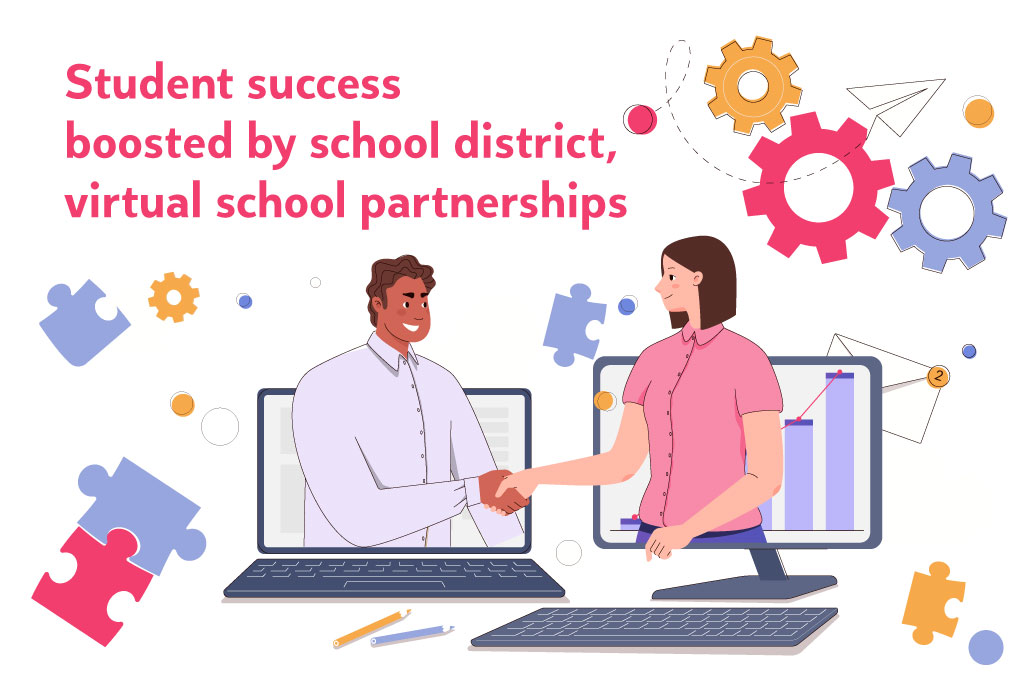
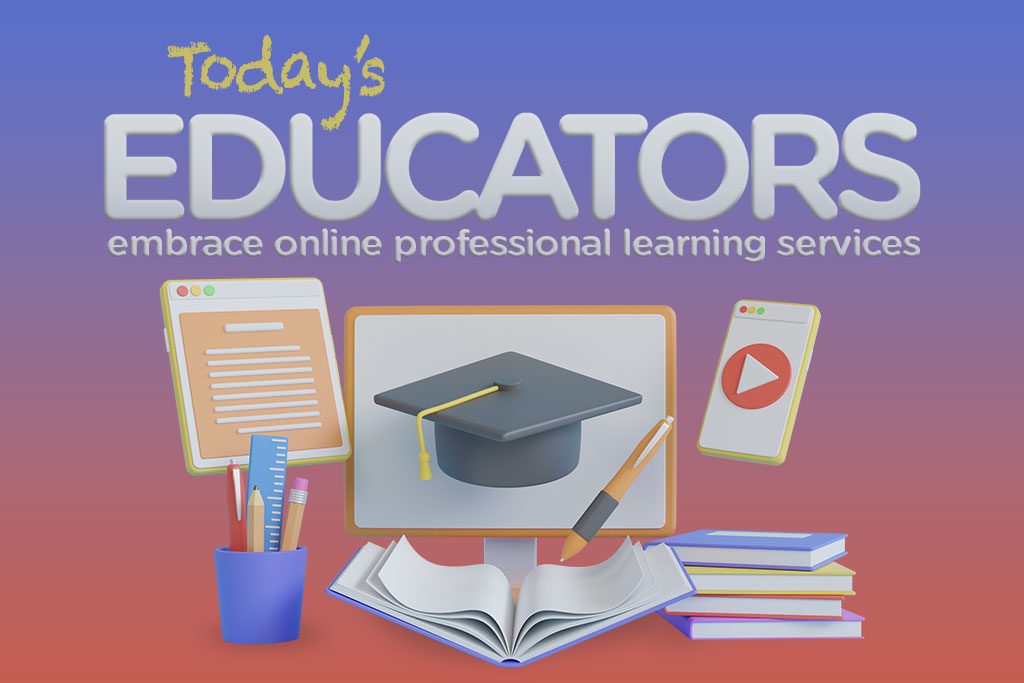 Perhaps no profession understands the power of continued education more than educators. Add in a historic event, such as a pandemic, and teachers turned to multiple sources for adjusting to diverse students’ needs.
Perhaps no profession understands the power of continued education more than educators. Add in a historic event, such as a pandemic, and teachers turned to multiple sources for adjusting to diverse students’ needs.